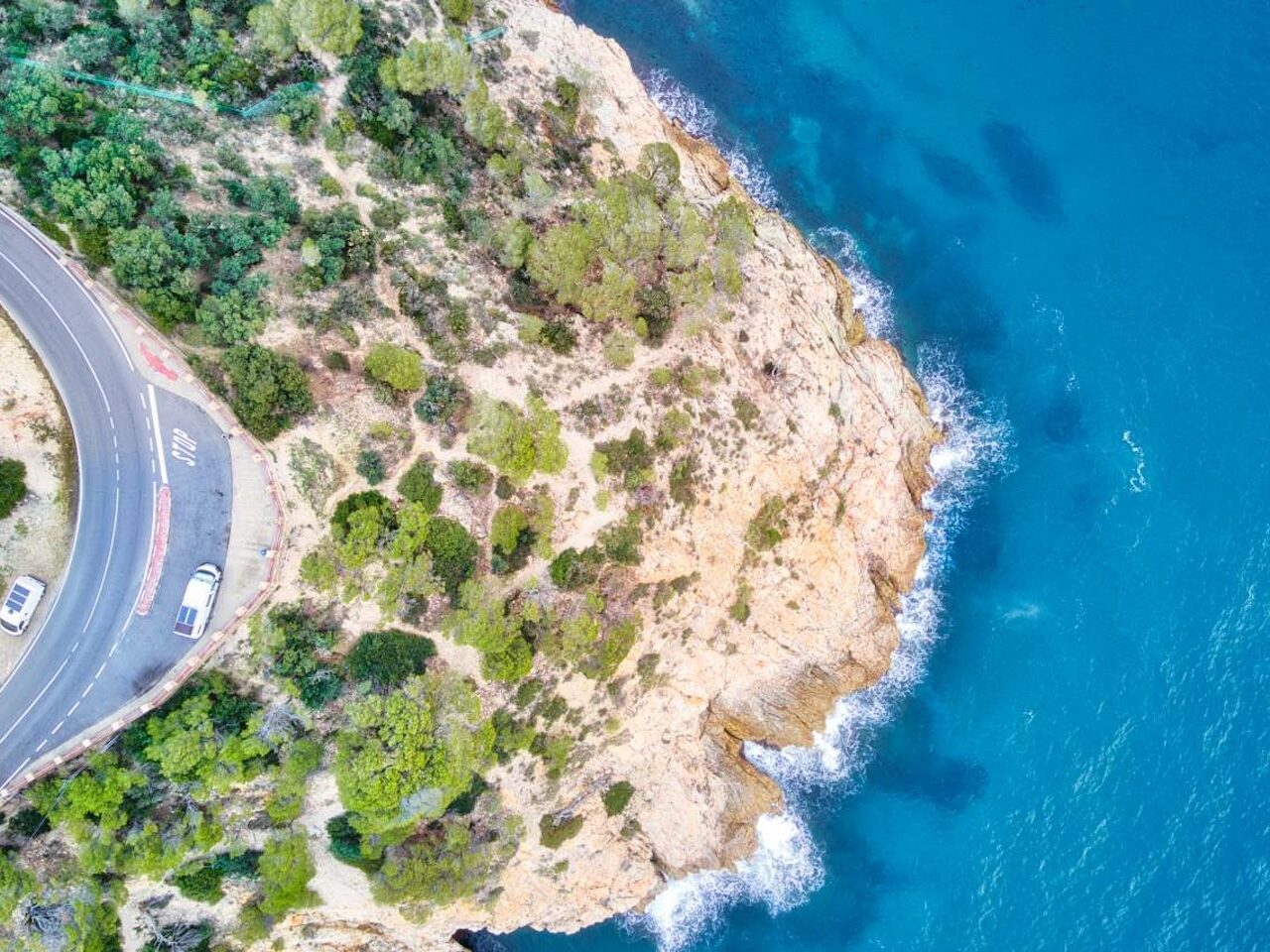After two years living on the road, I’ve discovered that van life isn’t just about picture-perfect sunsets and mountain vistas. It’s a lifestyle filled with incredible freedom but also real challenges that nobody warned me about.
With a campervan, you get to explore hidden places that most travelers never reach. There’s something magical about having the freedom of the open road while carrying your home wherever you go.
But let’s be honest – those stunning Instagram photos don’t capture the full picture. Before you sell everything and hit the road like I did, let me share what I wish someone had told me about the real challenges of van life.
Ready to hear about the real van life that doesn’t make it to social media? Let’s dive in!
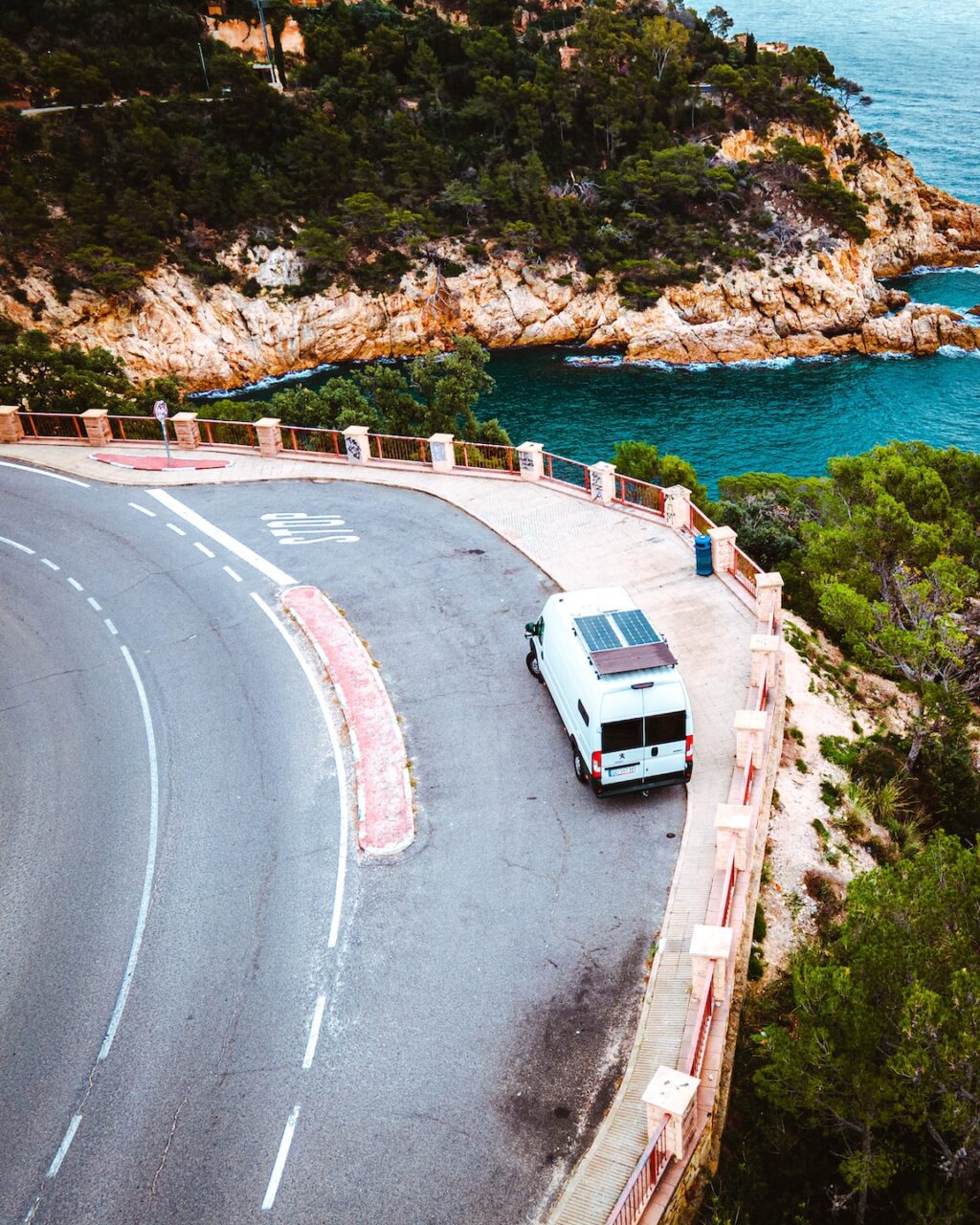
1. Those Instagram-Worthy Views? They’re Not Always Part of Van Life
I still laugh thinking about my first week on the road. I had visions of waking up to ocean views every morning, coffee in hand, perfect lighting for my sunrise photos.
Reality check: I’ve spent more nights than I’d like to admit parked in supermarket lots, industrial areas, and once, memorably, next to a garbage processing facility (never again!).
Finding beautiful places to park overnight isn’t always easy, especially near cities. While social media showcases only the dreamiest locations, I’ve learned to use apps like Park4Night and iOverlander to find decent spots.
With proper planning, you can avoid that 2 AM knock on your window asking you to move along.
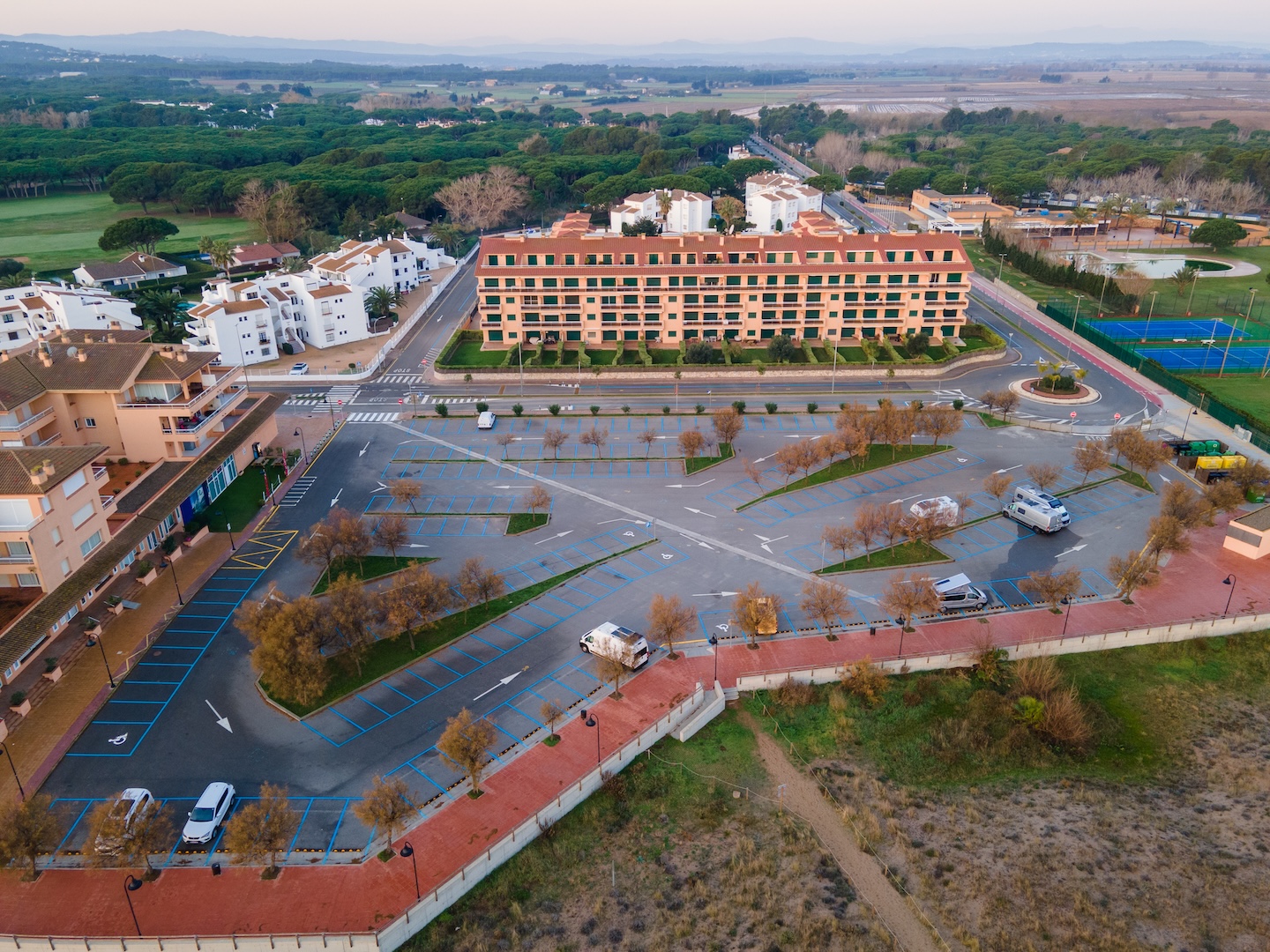
2. Not Every Country Welcomes Vans With Open Arms
My Norwegian adventure was absolute bliss – park almost anywhere for up to 48 hours, nature all around, and nobody batting an eye. Spain was similarly welcoming as long as I kept chairs and tables inside when parked.
Then I hit Austria. Let’s just say I learned the hard way that some countries have zero tolerance for “wild camping” in vans. Before crossing any border, I now meticulously research local regulations.
Countries like Norway and Spain? Van life paradise. Austria, Croatia, and the Netherlands? You’ll need to stick strictly to paid campgrounds or face hefty fines – I’m still paying off one!
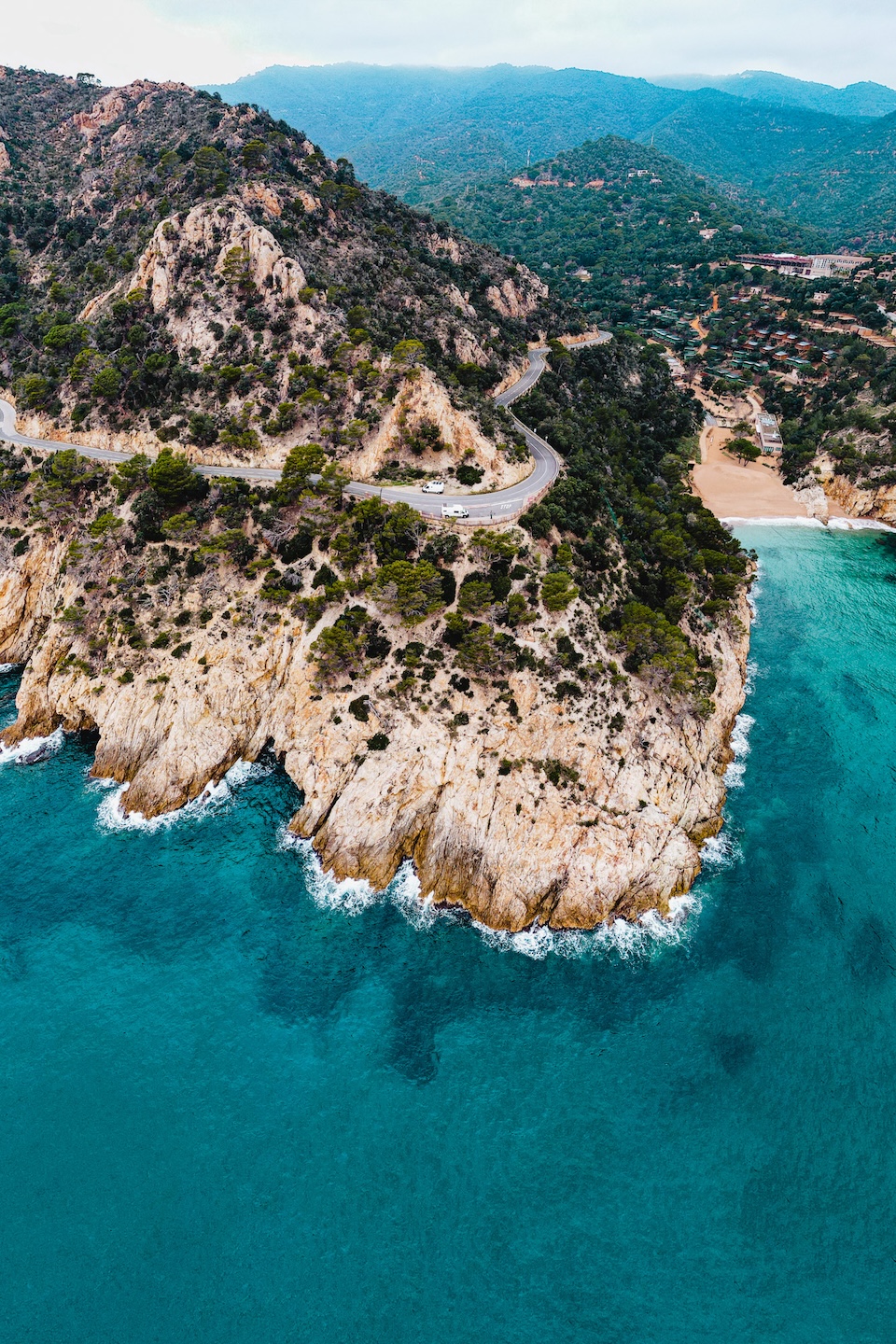
3. Your Van Demands Constant Attention
Nobody mentioned I’d become part-time plumber, electrician, and mechanic when I bought my van. It’s like having a temperamental pet that occasionally leaks.
I keep a detailed schedule for everything that needs refilling, emptying, or checking. Water tanks run dry faster than you’d think (especially when you forget the tap on – oops).
Finding places to empty gray water and toilet waste becomes a regular treasure hunt, typically near highways or campgrounds.
And those solar panels everyone raves about? They’re amazing in summer, but come winter in northern Europe, you’ll need backup power plans or cozy up with three layers of blankets like I did my first December on the road.
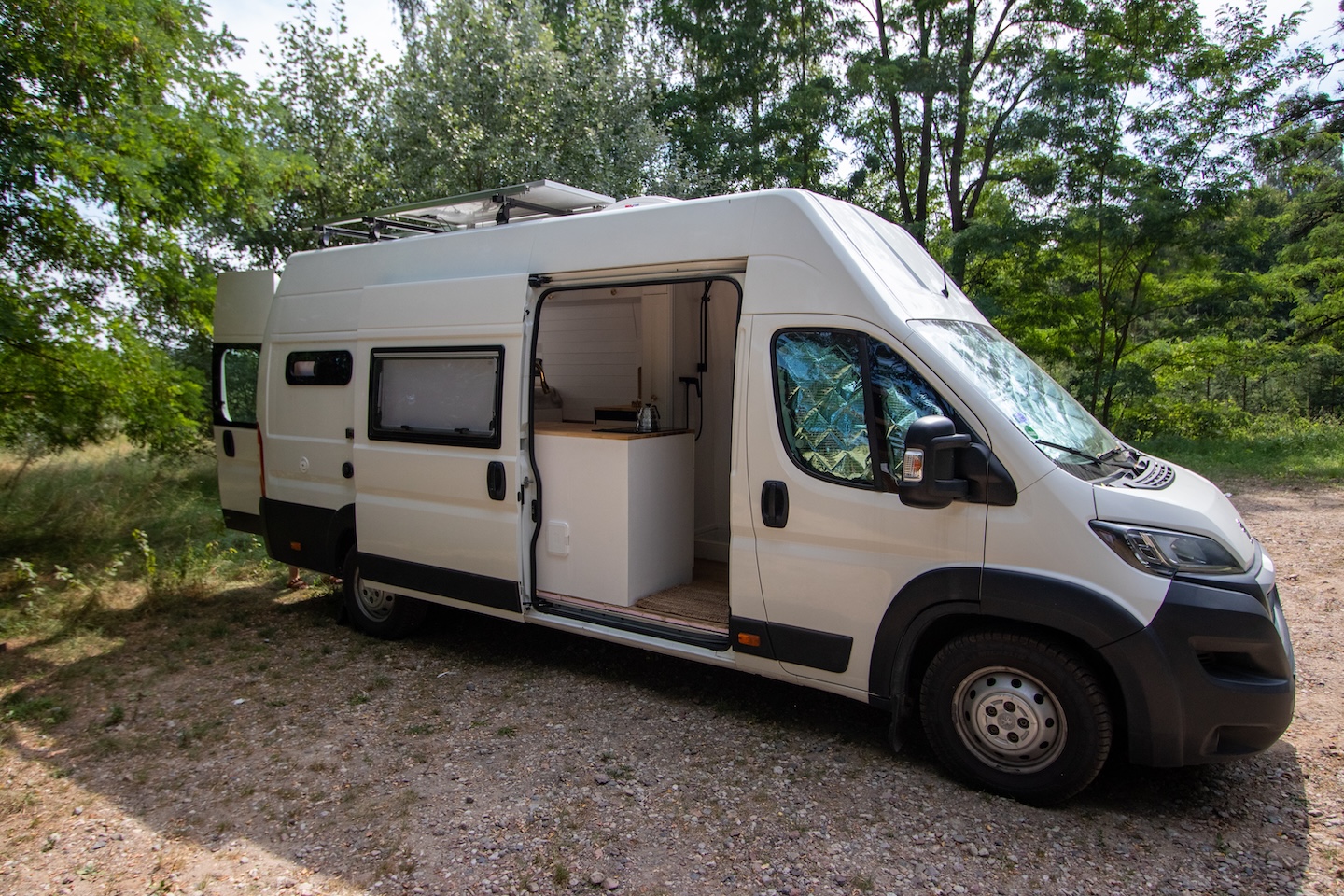
4. Small Space Living Tests Even the Strongest Relationships
“We’ll have so much fun together in our little home on wheels!” I told my partner. Three days later, we were arguing about whose shoes were taking up precious floor space.
Living in 60 square feet with another person requires next-level communication skills. Every item needs a designated home, and everyone’s routines and habits become magnified.
My morning coffee ritual that takes up half our counter space? We’ve had to negotiate terms.
Choose your travel companions wisely. I’ve seen couples both strengthen their bonds and split up within weeks of van life. The difference? Honest conversations about expectations before hitting the road.
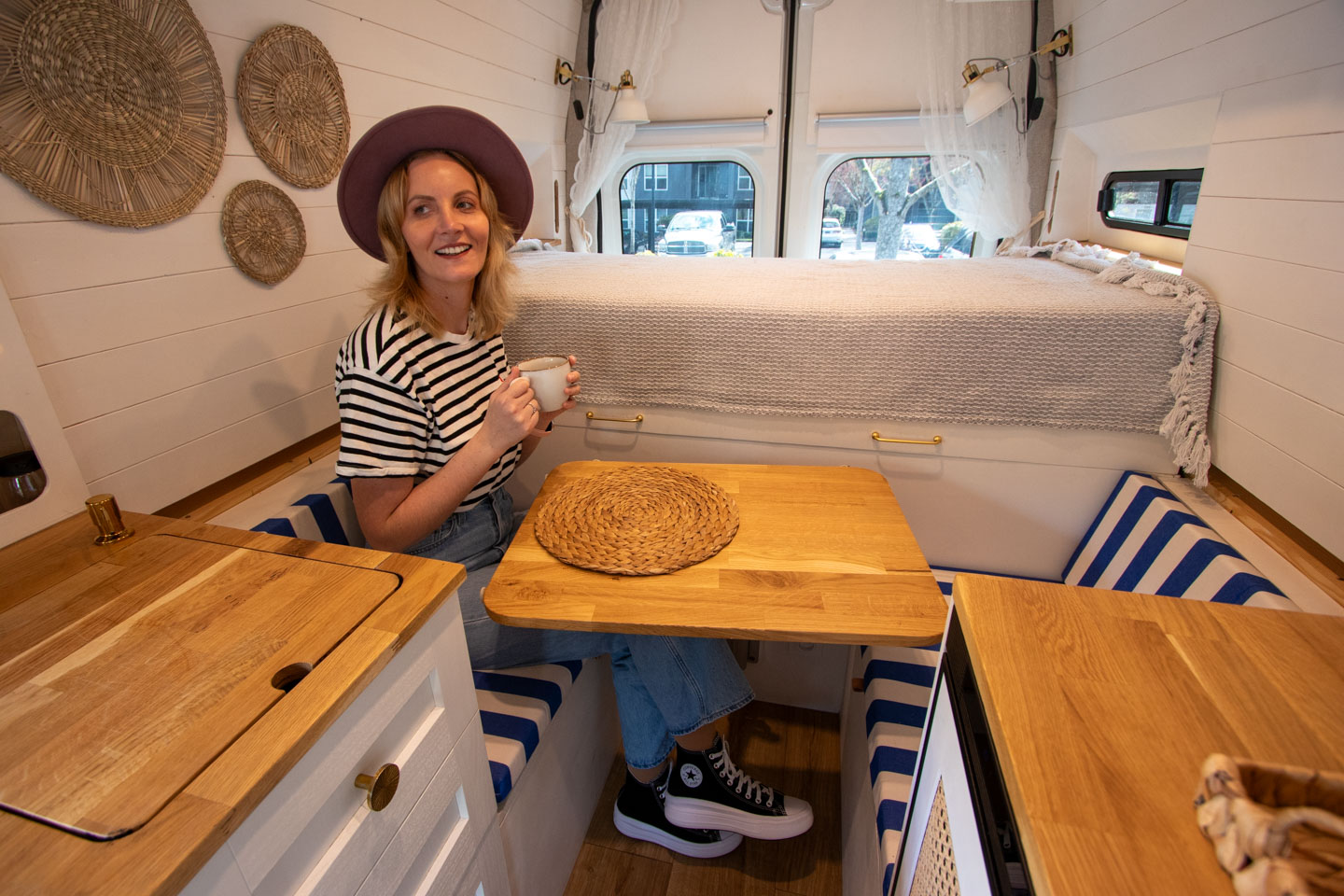
5. Finding Parking Can Be a Daily Challenge
I once spent three hours circling a popular beach town searching for parking that would accommodate my van’s height and where overnight stays wouldn’t result in a ticket.
Many tourist destinations simply aren’t designed for larger vehicles. Size restrictions, height barriers, and “No Campervans” signs become your nemesis.
I’ve learned to research parking options before arriving anywhere popular and have several backup plans ready.
The parking apps on my phone have saved me more times than I can count – they’re worth every penny of subscription fees.
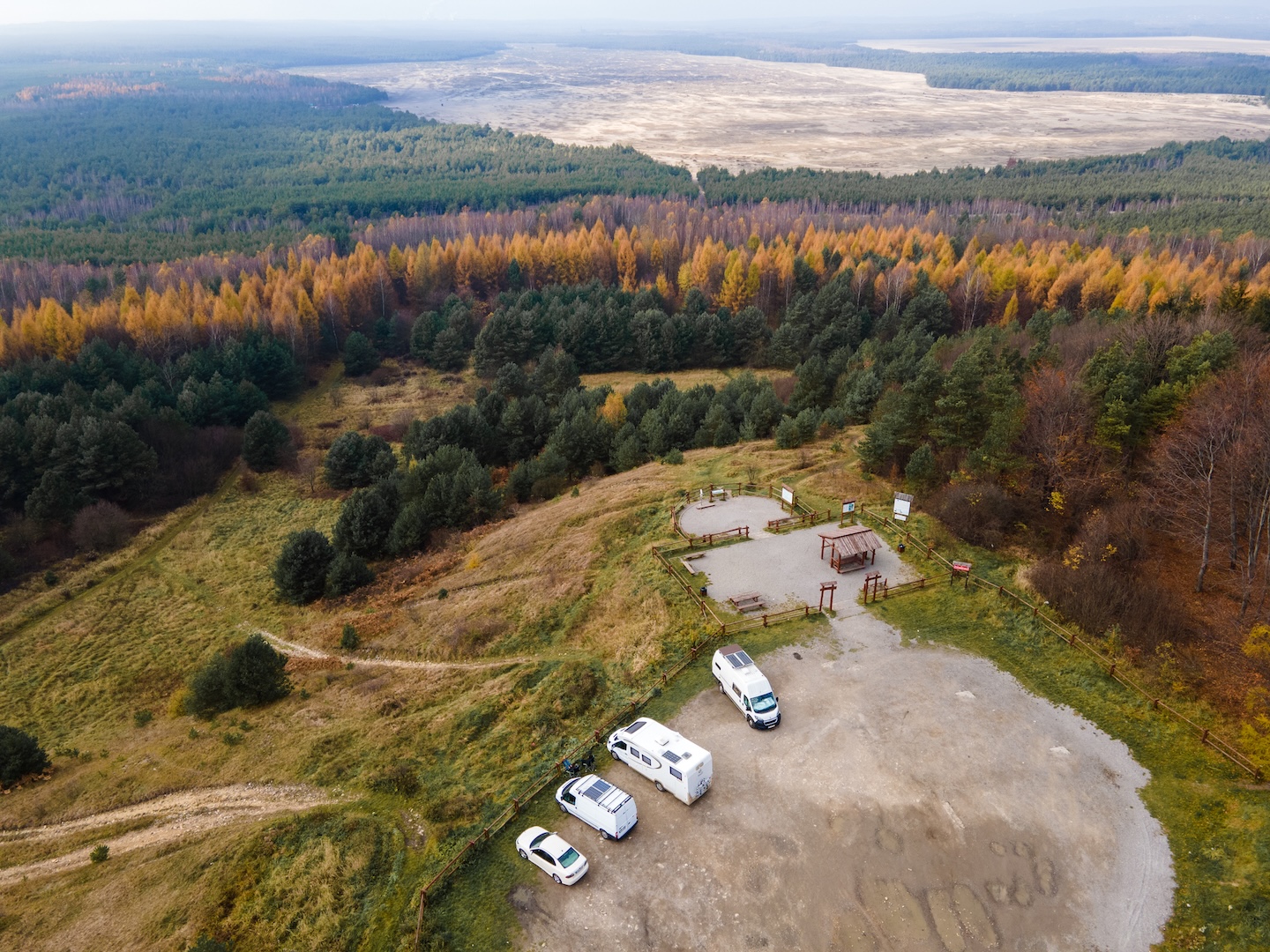
6. Reliable Internet? More Like “Maybe Internet”
As someone who works remotely, this was my biggest adjustment. I invested in a quality 4G modem and still regularly find myself driving to higher ground just to send important emails.
Even campgrounds advertising WiFi often offer connections that barely load a text message. The metal shell of your van creates a perfect signal-blocking cage, and that mountain view you parked by? It’s probably blocking your signal too.
I now carry SIM cards from multiple providers and check coverage maps before planning work days. I’ve learned to download everything in advance and warn clients about potential communication gaps.
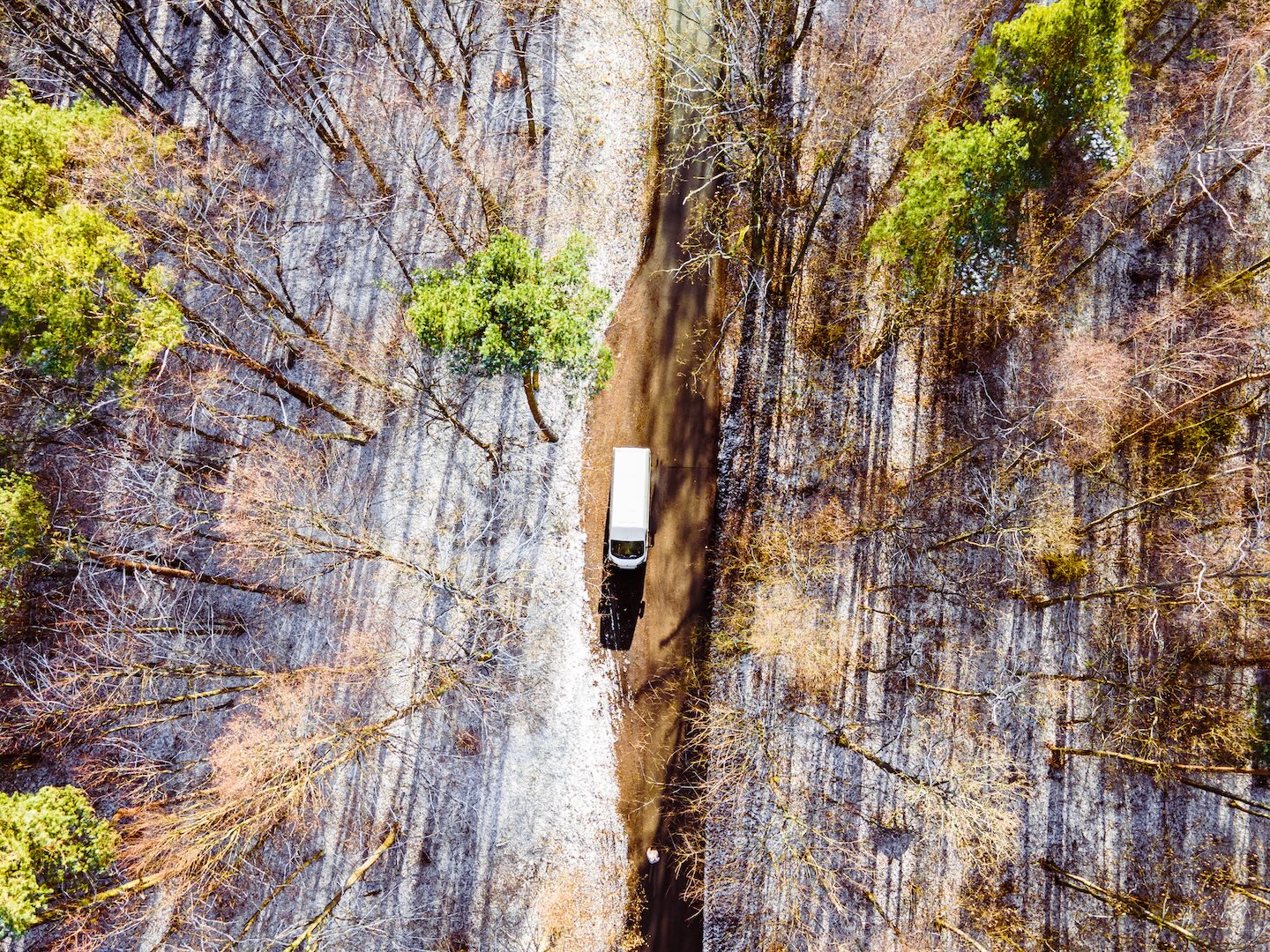
7. Breakdowns Happen at the Most Inconvenient Times
Nothing tests your problem-solving skills quite like your home breaking down in a foreign country where you don’t speak the language.
My van has decided to stop working in remote Spanish villages, on French mountain passes, and once memorably on a ferry. I’ve spent nights in repair shops and days in waiting rooms.
I now carry basic tools and spare parts everywhere. I’ve learned simple repairs and made friends with mechanics across Europe. That pre-trip inspection I used to skip? It’s now my religious practice before any long journey.
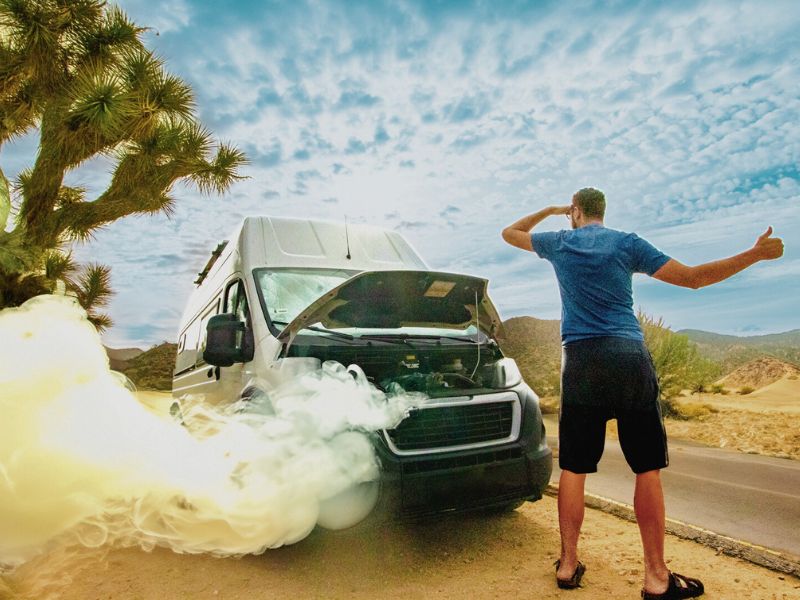
8. You’ll Learn to Live With Less (And Eventually Love It)
I packed “only essentials” when I started – and still had to offload half my possessions within a month. European vans have weight limits (3.5 tons), and every extra kilo reduces fuel efficiency.
The surprising truth? I rarely miss anything I’ve left behind. Living with less has been unexpectedly freeing. Instead of managing stuff, I spend time exploring new places and connecting with people.
My proudest achievement isn’t the countries I’ve visited but learning that happiness doesn’t require a closet full of clothes or shelves of decorative items.
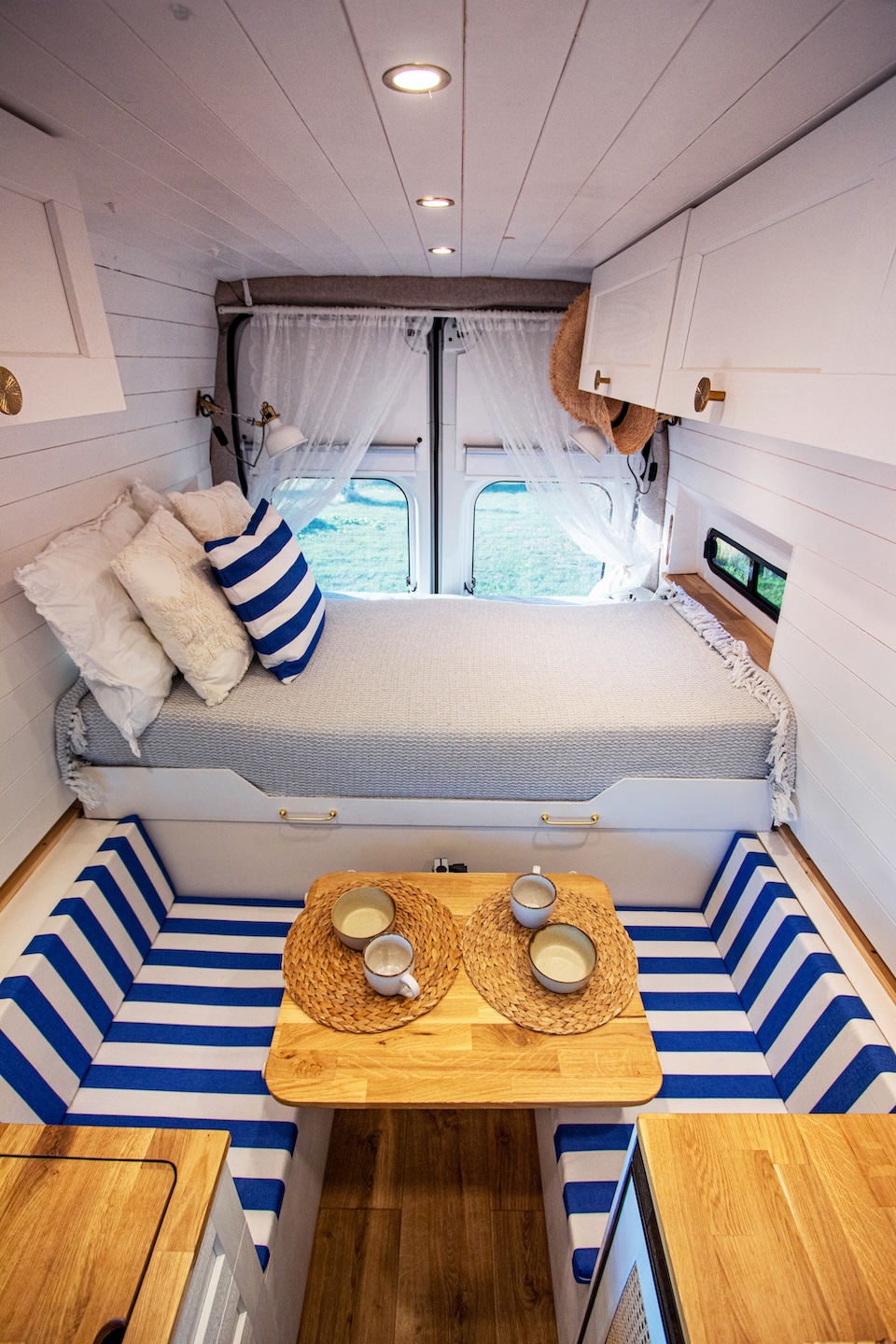
9. Your Fuel Budget Will Make You Wince
Nobody warned me that my adventure mobile would drink fuel like it’s going out of style. These vehicles are heavy, and mountain roads don’t exactly improve mileage.
I’ve learned to budget approximately 30% more for fuel than any online calculator suggests. Slow travel helps – rushing between destinations burns through both money and enjoyment.
Careful route planning and moderated driving speeds have saved me hundreds over time. And yes, I now know the cheapest fuel days in different countries (avoid French highways at all costs!).
10. Security Concerns Are Real
While I’ve generally felt safe during my journey, taking precautions is essential. After a close call in southern Italy, I invested in additional locks, window security, and a simple alarm system.
I always have a contingency plan for emergencies and keep valuables hidden. Even during quick stops, I lock everything – a habit formed after watching a fellow traveler chase someone who grabbed their bag through an open window.
Extra security measures might seem paranoid initially, but they’ve allowed me to sleep soundly even in unfamiliar areas.
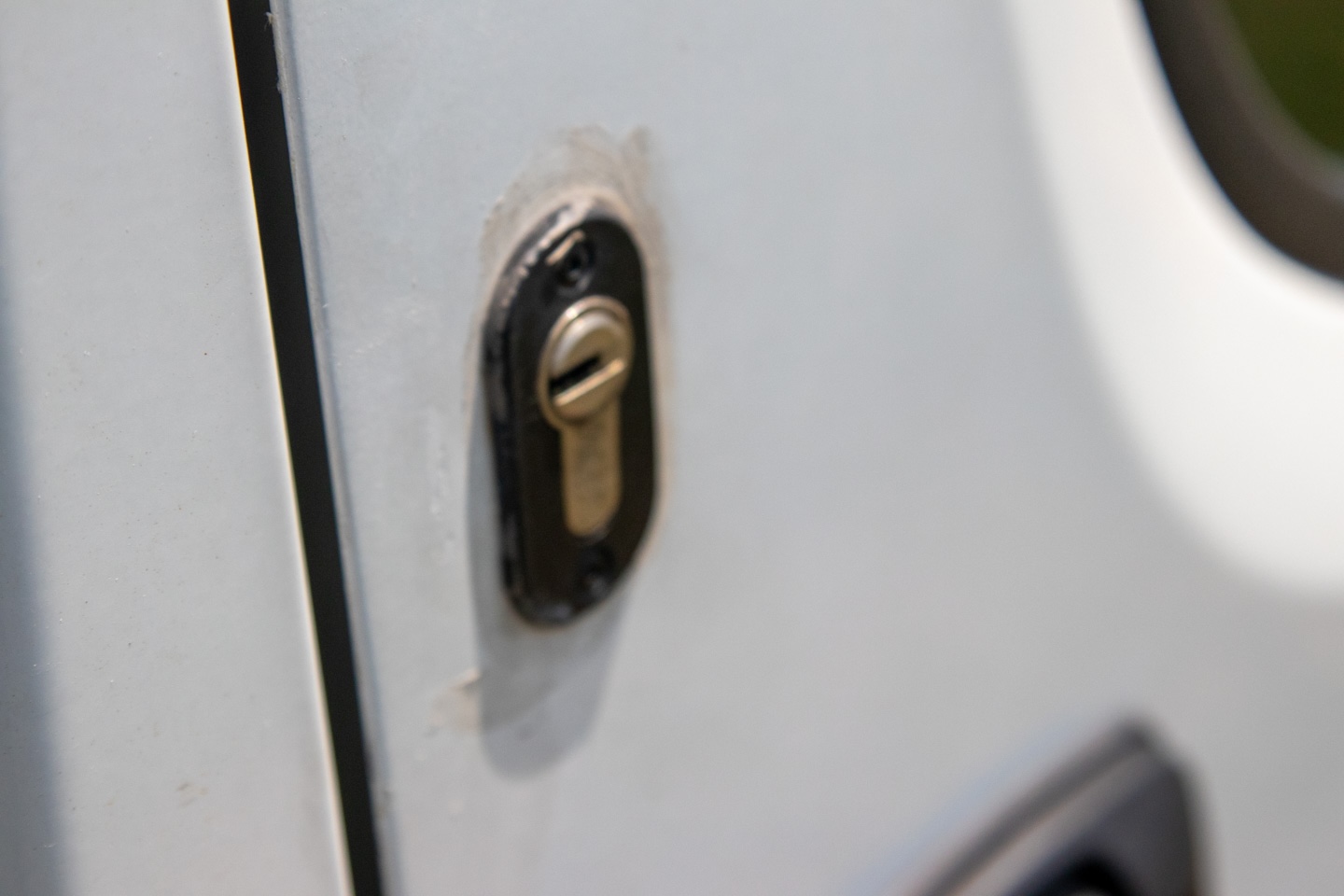
Travel lighter, even before you leave.
start with something simple.
Download The Minimum Plan – Slow Travel:
Is Van Life Worth It?
Despite all these challenges, I wouldn’t trade my van life experience for anything.
The freedom to change my backyard view whenever I want, falling asleep to ocean waves, waking up surrounded by mountains – these moments make every frustration worthwhile.
But I wish someone had given me the complete picture before I started. Van life isn’t a perfect Instagram feed; it’s a complex lifestyle with unique rewards and challenges.
With proper planning and realistic expectations, most difficulties can be managed or avoided entirely. The key is knowing what you’re getting into before selling your apartment and buying that vintage VW you’ve been eyeing.
P.S. Loved hearing about my van adventures? Share this with friends who need the real story before they take the plunge!
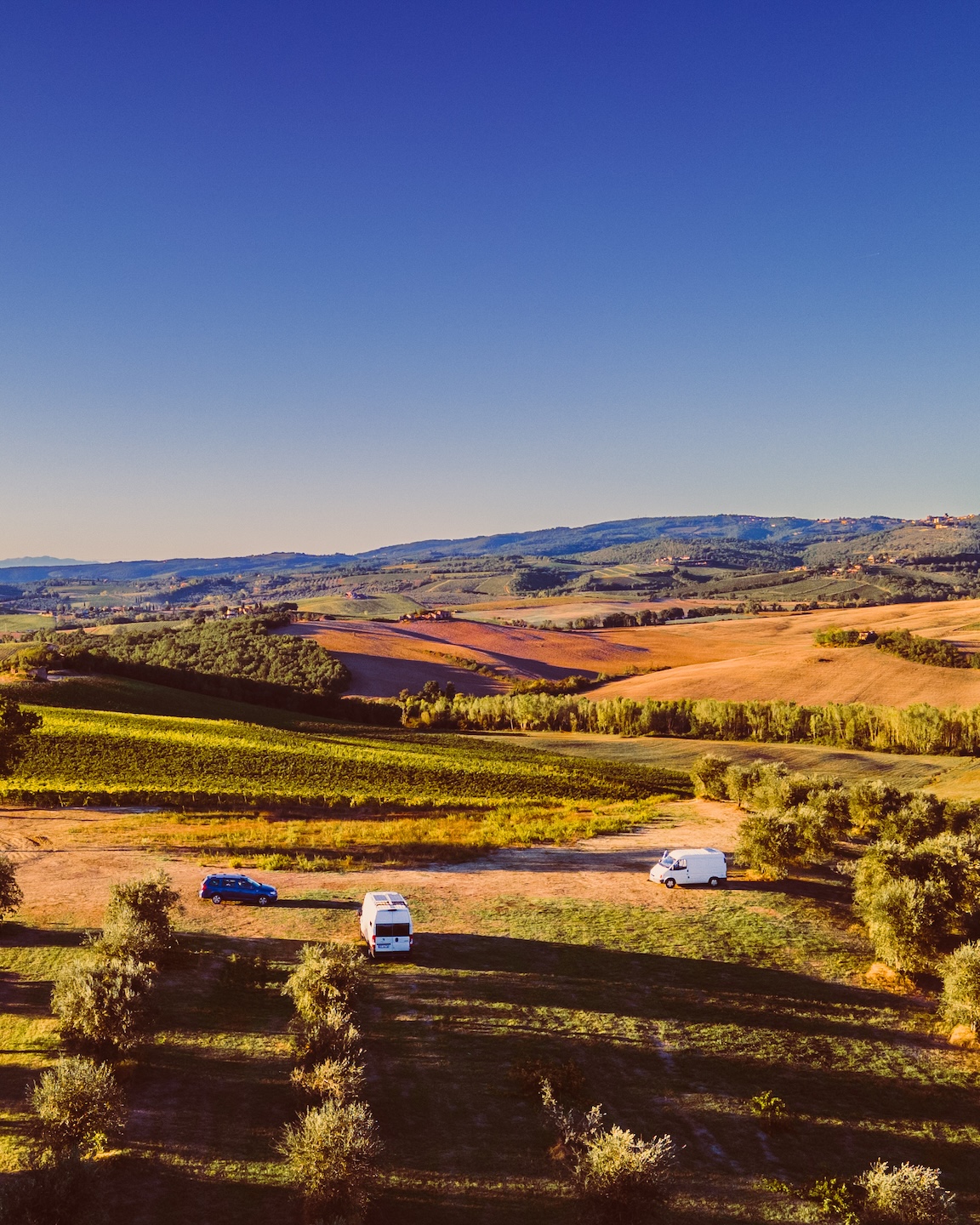
Save pin for later!
More articles you might be interested in:
